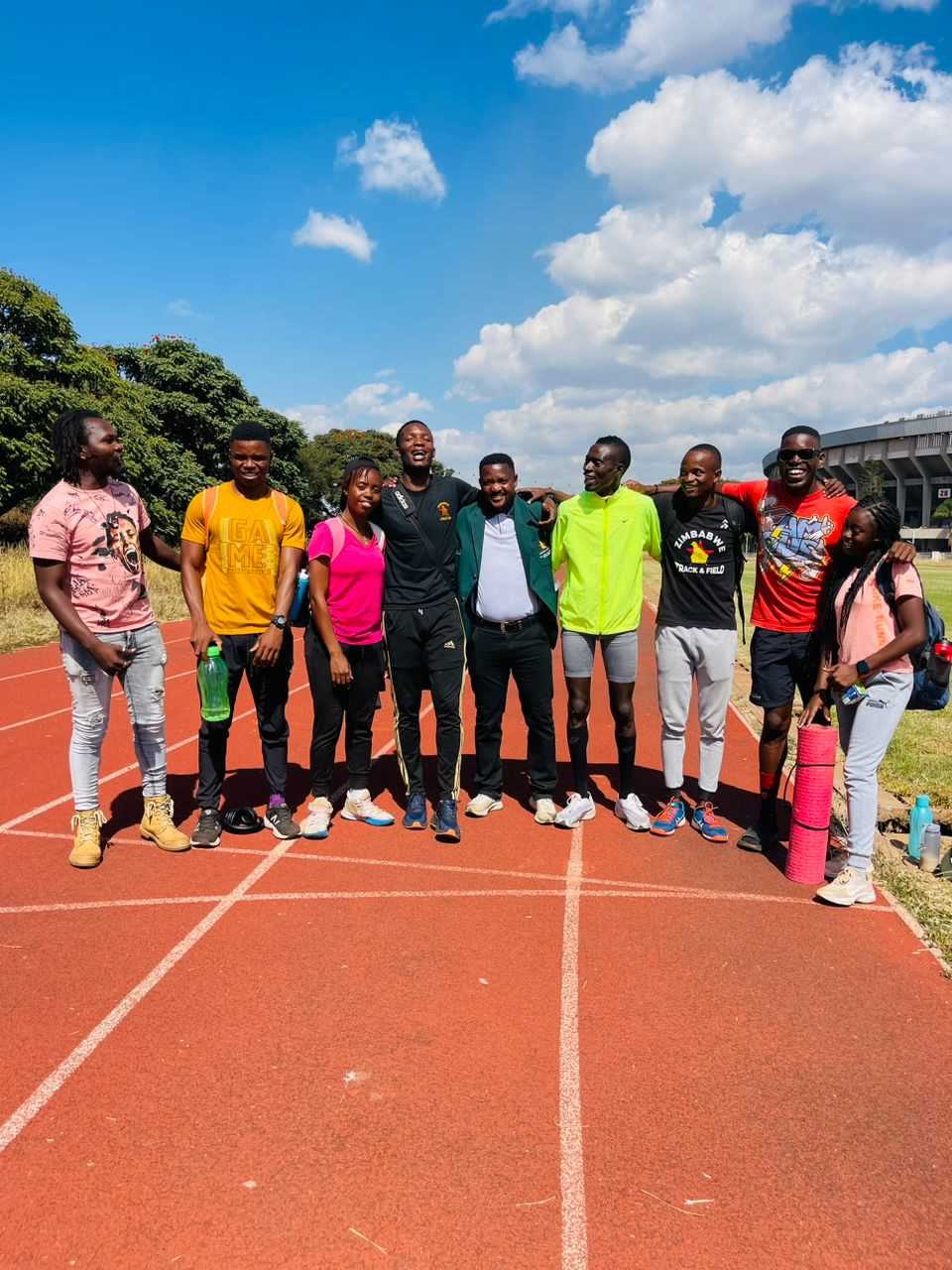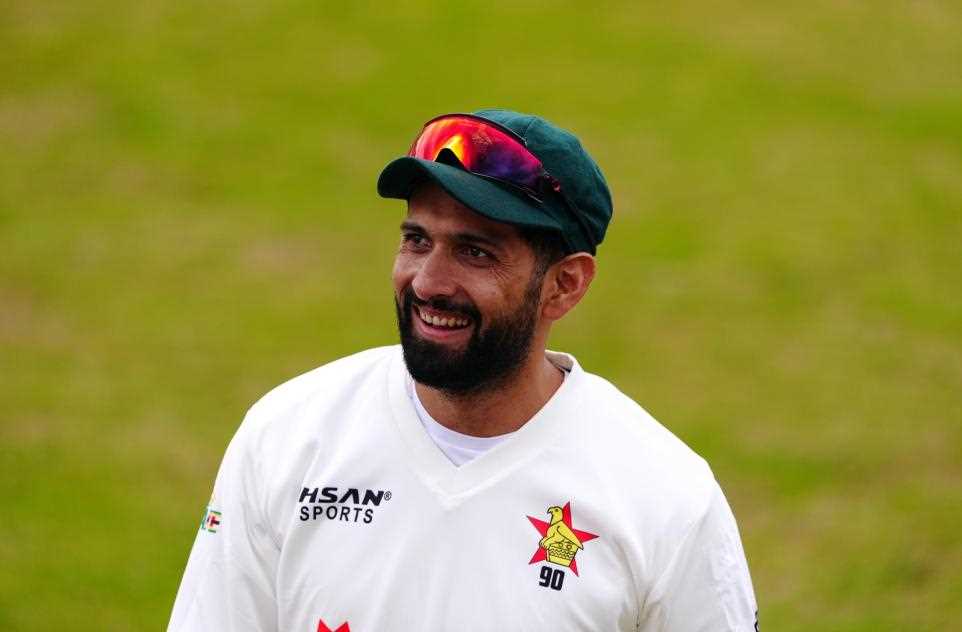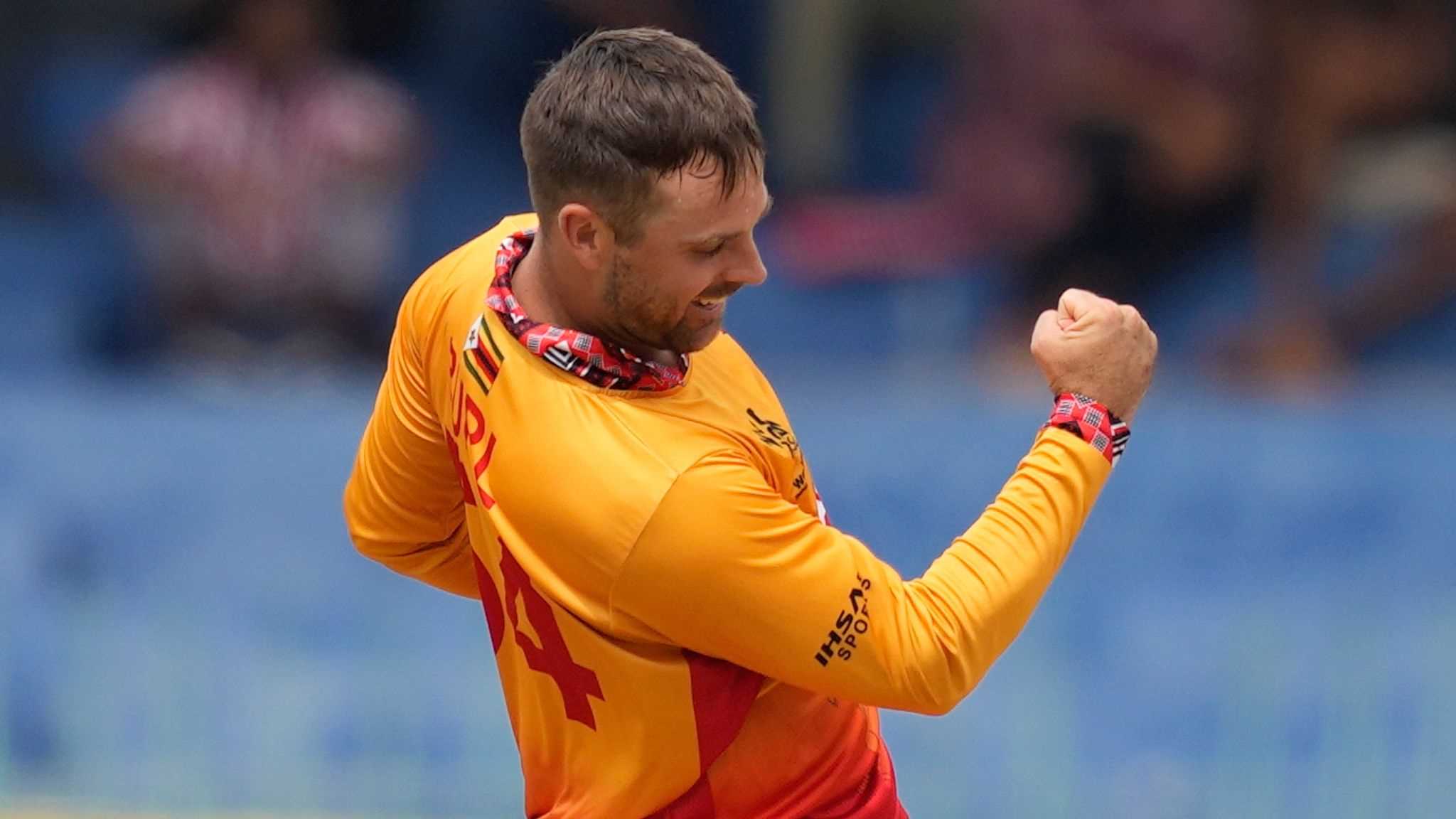
Patience Muchemwa - Senior Reporter
As the global athletics stage grows more competitive, Zimbabwe continues to produce outstanding talent — but many of its athletes are battling against more than just their rivals on the track. At home, financial difficulties and underdeveloped infrastructure are forcing many local athletes to train under extremely challenging conditions, with little to no institutional support.
Across the country, a number of athletes continue to perform well despite these obstacles. Sprinter Gerren Muwishi has made a name for himself in local meets, constantly improving his times and pushing through limited access to facilities. Leeford Zuze, a rising middle-distance runner, has also shown great potential, competing in both local and regional events while relying mostly on personal funding and community support. Aldrin Tafa and Bradley Hove are other notable examples of athletes grinding through the local circuit, driven more by passion than resources. Mitchell Zuze, known for her consistency and perseverance, represents a growing pool of female athletes who continue to shine, even without adequate support.
“These kids are sacrificing a lot. Most of them train without proper nutrition or gear,” said a local coach, who chose to remain anonymous. “Sometimes they even contribute money just to travel to events. It’s heartbreaking when you see talent going to waste simply because there's no funding.”
These athletes exemplify Zimbabwe’s rich athletic potential — yet their stories rarely receive the attention or assistance they deserve. Most are self-funded, covering their own transport, training gear, medical expenses, and entry fees. Coaches often work voluntarily or for very little pay, and training grounds are sometimes no more than dusty school fields or outdated tracks.
Related Stories
The effects of this neglect are evident in stories like that of one former sprinter, who once represented his province at national level but left the sport at 21. “I just couldn’t keep going,” he shared, speaking on condition of anonymity. “I was working part-time jobs to pay for training and sometimes had to skip meals. I loved running, but passion doesn’t pay for spikes or transport. I still wonder where I could have gone if I had help.”
Meanwhile, a different reality exists for Zimbabwean athletes based abroad. Tapiwanashe Makarawu, now based in the United States, has benefited from access to high-performance training environments and international competition. His steady progress on the U.S. collegiate circuit is a testament to what structured support and modern facilities can do for raw Zimbabwean talent. Similarly, Makanakaishe Charamba and Vimbai Maisvoreva are thriving in overseas systems, showing consistent performance gains and featuring prominently in regional rankings.
Their success, while commendable, underscores a difficult truth — Zimbabwe is exporting its most promising athletes, not because it has a system designed to launch them, but because its system cannot sustain them. Those who manage to get scholarships or sponsorships abroad flourish. Those who remain often struggle to reach their full potential, or are forced to abandon the sport altogether due to financial strain.
“Every time I watch local events, I feel proud of our talent, but also sad,” said Idah Saiti, a longtime athletics supporter. “There’s so much potential here, but no one is helping these athletes. If the government or private sector doesn’t step in, we’ll keep losing our stars.”
The contrast between local and internationally based athletes reflects a larger systemic issue. Local athletes are not short on talent or work ethic; they are short on support. Without national investment in facilities, structured development programs, and financial aid for upcoming athletes, Zimbabwe risks continuously losing future champions to countries with more supportive systems.
Yet, even in the face of these challenges, Zimbabwean athletes continue to fight for their dreams. Their perseverance is admirable — but talent alone cannot carry a country to the podium. It is time to match their dedication with meaningful support, before the next generation of greats walks away from the sport — not because they weren't good enough, but because they simply couldn’t afford to keep going.



















Leave Comments